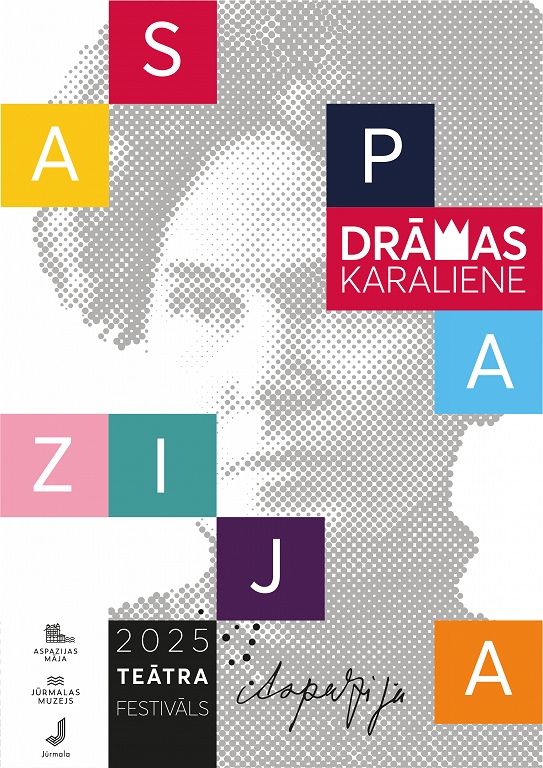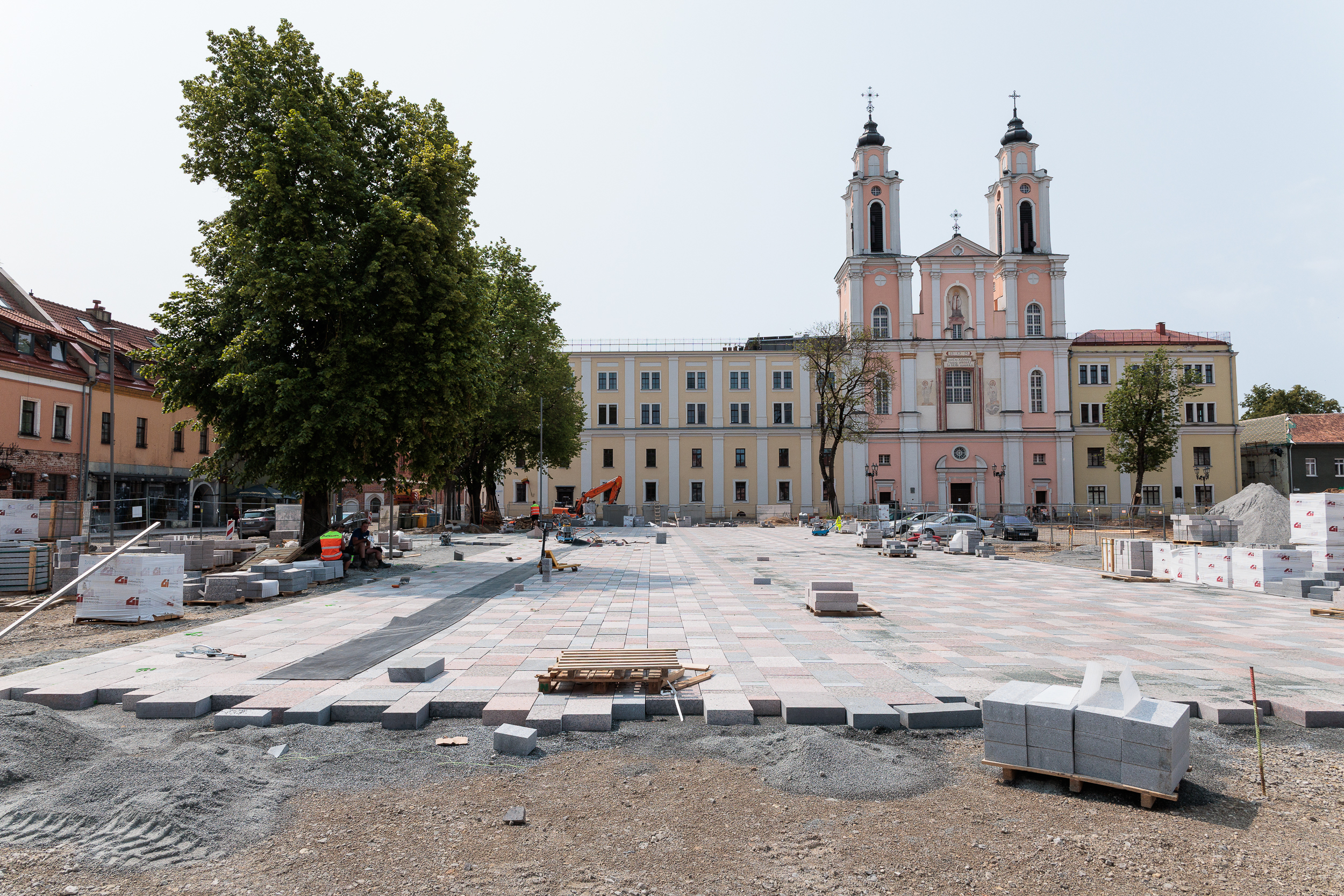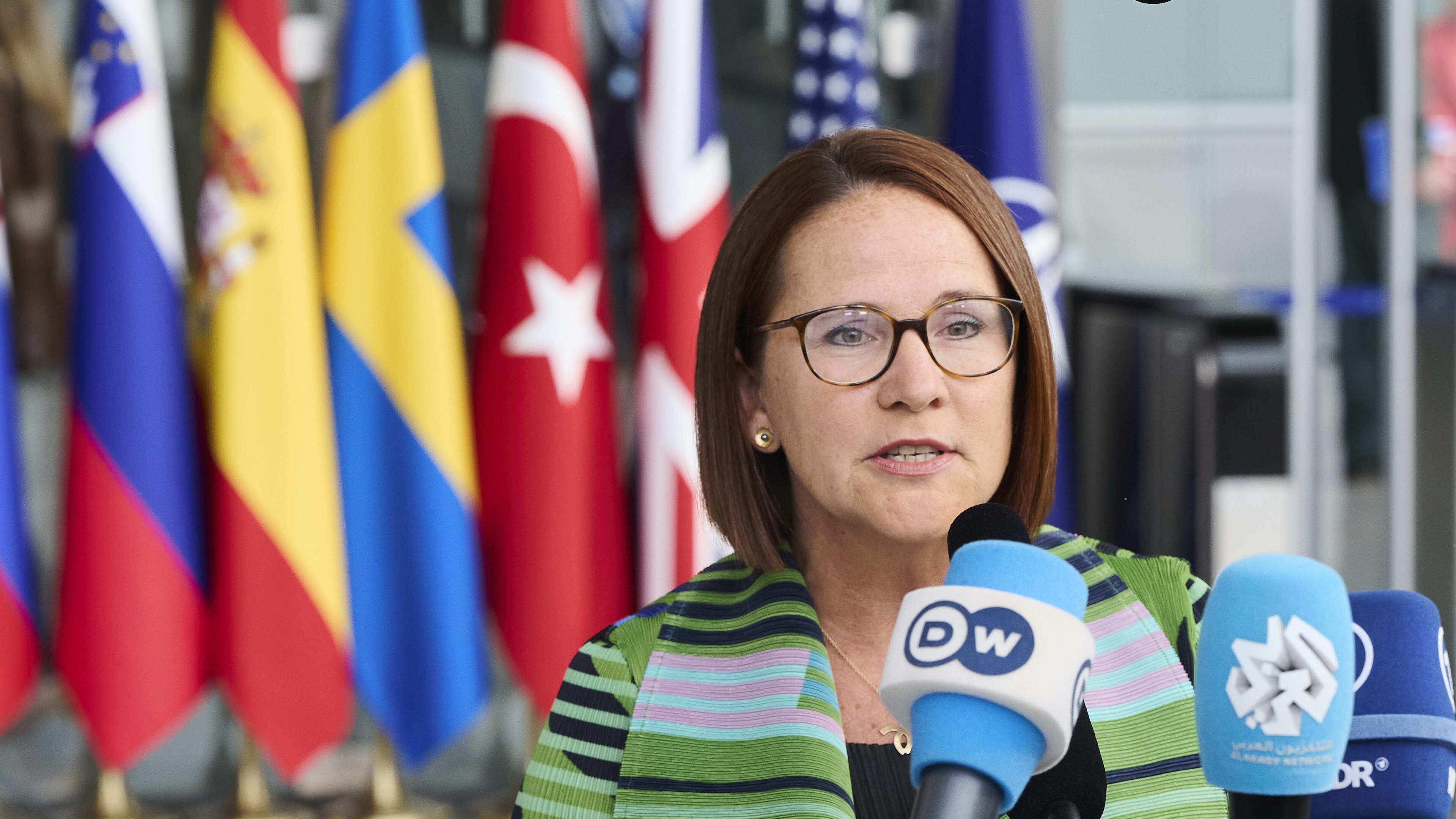Erasmus Prize for a philosopher who mainly wants to break boundaries
/s3/static.nrc.nl/images/gn4/stripped/data130585093-1629b4.jpg)
An « selfless thinker » that helps to make all kinds of boundaries – between people and technology, people and animals, women and man, nature and culture – less rigid and instead ‘fluid’.
For example, the board of the Praemium Erasmianum Foundation praises the American philosopher and biologist Donna Haraway, to whom the Erasmus Prize This year it has been awarded. In her work, according to the board, she explores the « connections between biology, literature, art and also social and political action. »
Haraway (1944), who in her long career as a professor of women’s studies was associated with Johns Hopkins University in Baltimore, made a name for the world A Cyborg Manifesto (1985), A plea for a new relationship between people and machine that grew into a cult book in a short time.
In her later work, too, according to the foundation, Haraway fights against ideas and behavior that « contradicts humanistic ideals such as equality and openness », for people and « other living beings. » Her work « inspired several generations of philosophers, scientists and artists who fight against sexism, racism and specialism. »
A Cyborg Manifesto (1985) Seamlessly fit into the intellectual climate of the 1980s, when a new critical theory of post -vessels at progressive American universities that, based on French philosophers such as Derrida and Foucault, put all kinds of ‘binary’ opposites on loose screws as part of a patriarchal and capitalist order.
In that climate, the message spoke of A Cyborg Manifesto The fact that feminists did not have to worry about a definition of ‘femininity’-as if being a woman still had an essence-but had to learn to ‘play’ with their identity, even if it had ‘artificial’ sides. « Be a cyborg rather than a goddess, » was the anti-essentialist battle cry.
The Foundation also praises Haraways later work. In Primate Visions (1990) She criticized the primatology that, in her eyes, confirmed traditional views on gender. In When species meet (2007) and Staying with the trouble (2016) « investigates (Haraway) how we can live together with other organisms in a world that is in ecological crisis. » This also involves less rigid borders between people and ‘non-human’.
In An interview by philosopher Marjan Slob said Haraway last year NRC That she always opposed « the specialization of people in her work. » Haraway, according to Slob, sees « fusion everywhere ». « Everyone has more than one identity, » Haraway told Slob, « and those different sides of you can enter into all kinds of different relationships with numerous other beings. Identities are therefore dynamic and mobile. » Which does not alter the fact that standing on one specific identity is sometimes necessary in conflict with emancipation according to Harway.
Very different waters
Haraway seems to have a revaluation. A Cyborg Manifesto Was re -published in Dutch translation in 2023. « Originally at Haraways Manifesto was that she did not see biotechnology and technology purely as masculine oppression as was common in left -wing criticism, » said A discussion of that edition in NRC « But recognized the progressive and subversive potential. »
In the meantime, ‘Post-Humanism’ has ended up in a completely different waters. In the US it is now billionaires such as Elon Musk who plunge into everything that has to do with increasing human power through artificial intelligence, making hybrid connections between people and machines and overcoming diseases or even death. Even if it seems to be more about power than about liberation.
The Erasmus Prize (150,000 euros) has been awarded since 1958 to a person or institution that « has made an extremely important contribution to the Humanities and the Arts. »

/s3/static.nrc.nl/images/gn4/stripped/data133212332-41b949.jpg)
:format(webp)/s3/static.nrc.nl/images/gn4/stripped/data133314127-765aec.jpg)
:format(jpeg):fill(f8f8f8,true)/s3/static.nrc.nl/wp-content/uploads/2019/10/youp5bij3.png)


